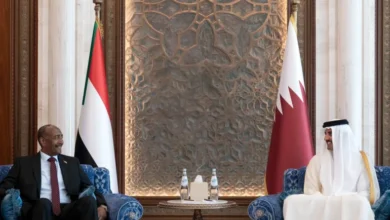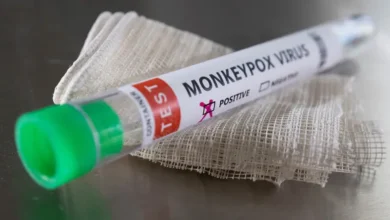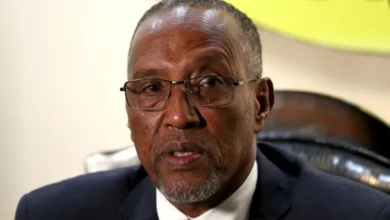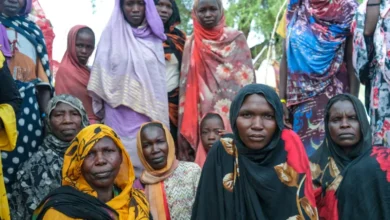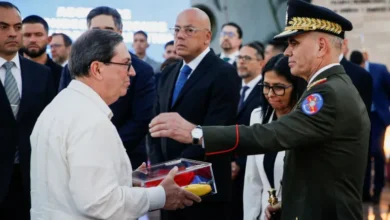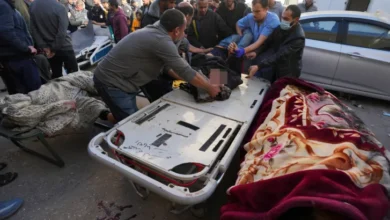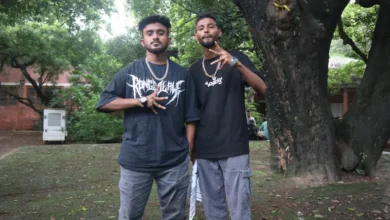Imran Khan facing arrest: How did we get here?

Officers on Sunday arrived at the residence of former Prime Minister Imran Khan in a bid to arrest him in a case related to the purchase and sale of gifts, the latest in a series of legal troubles he has been embroiled in.
According to the police, Khan was “avoiding” arrest after officers arrived at his home in Lahore, adding that a police superintendent had “gone to the room” but the 70-year-old was not there.
Since his removal from power in April 2022, Khan’s party Pakistan Tehreek-e-Insaf (PTI) says he has been charged in 70 cases, including for sedition, corruption and terrorism. Khan has denied all charges brought against him.
Here is what you need to know:
What are the charges against Khan?
Corruption
One of the main cases against Khan was filed in August by a member of the ruling Pakistan Muslim League Nawaz (PML-N), contending that the former prime minister had bought gifts given by foreign dignitaries from the state gift depository, also called Toshakhana, but failed to disclose the assets in declarations submitted to the Election Commission of Pakistan.
Khan has denied the accusations saying he bought the gifts according to the official rules and guidelines and declared them in his tax returns.
Two months later, the ECP suspended Khan from the existing parliament accusing him of “corrupt practices”.
The 70-year-old’s legal team rejected the commission’s decision, calling the verdict not only an attack on Khan but “Pakistan’s constitution and its people”.
Terrorism charge
In another high-profile case, Khan in August was charged with “terrorism” for remarks made at a public rally in Islamabad against police officials and a female judge who had ordered the arrest of one of his top aides – Shahbaz Gill, who accused police authorities of torture.
In his speech, Khan had allegedly threatened “action” by taking legal recourse against top Islamabad police officials and judge Zeba Chaudhry.
The Islamabad High Court dismissed the charges against him in September, saying his comments did not rise to the level of “terrorism”.
Illegal funds
Also in August, the election commission ruled that Khan’s party received illegal funds, which could result in the former cricket star and the PTI being banned from politics.
In a case that has dragged on for eight years, PTI was accused of receiving funds from abroad, which is illegal in Pakistan. The PTI has denied the allegations saying all those who gave money were Pakistani citizens.
Why is this all happening?
In April, Khan was forced to resign by the ruling coalition Pakistan Democratic Movement – an organisation comprised of more than 10 parties – in a vote of no confidence, after three and a half years in power.
The parliamentary move put him among a long list of elected Pakistani prime ministers who failed to see their full terms – none has done so since independence in 1947.
